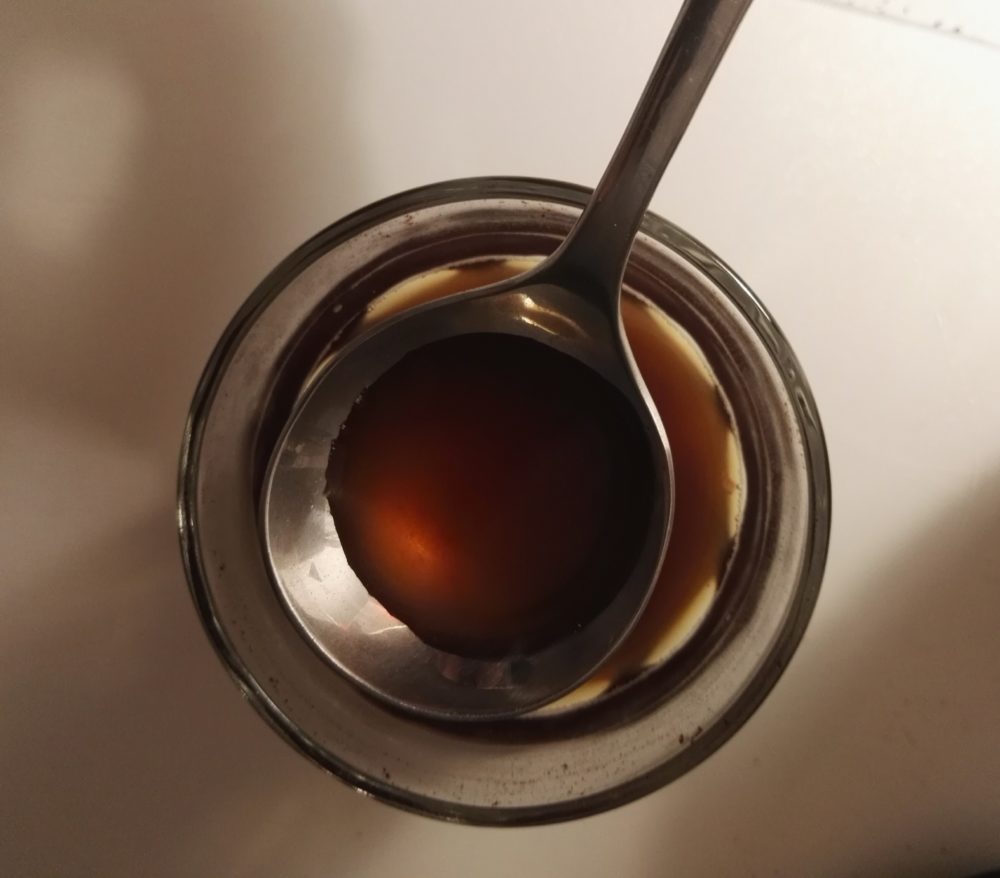
I sat down with the idea of writing about one thing, and ended up thinking about something else :)
I've been thinking a lot about crema these past few days: does color really matter? Do lines matter? I mean, we all know something about it, from old-school standards. Or how over- or under-extracted espressos probably look. I'm curious about finding out information about those that are well extracted. I'd just like to clarify my doubts regarding flavor and... TDS Mainly, if there's any connection between them and the appearance of the cream. How does this influence the flavor? I'll probably run an experiment soon, just out of curiosity.
But in the meantime, a brief comment on the coffee-related phrases I've heard that have raised more questions than answers, and why I don't see them as making sense, at least to me. All of these have to do with precision in sensory evaluation.
Specialty coffee has a lot to do with sensory evaluation.
And funny enough, it also has a lot to do with marketing now – all those Instagram posts, all that boasting about “my specialty coffee is more specialty than your specialty,” “our coffee is the best,” espresso machines sexy and expensive, etc…
I find it important to emphasize first that these machines are still operated by people. Skills still matter.
And so – once again – specialty coffee is really about sensory evaluation. If there is one skill that is mandatory, it is tasting.And what is cupping? It's the ability to blindly evaluate the flavor, the sensory experience, of a beverage called coffee. Basically, it's the ability to tune out everything else (everything you're being told), trust your judgment, and be as impartial as possible.
So, some phrases that do indeed have to do with sensory evaluation, and made me think:
“This coffee has the acidity of an Ethiopian coffee.”
A year ago, I had a guest, who was definitely well-versed in coffee, come over for an espresso. And after drinking it, he confidently shared his assessment with my bosses. When I heard it, I was absolutely amazed. "This coffee has the acidity of an Ethiopian coffee," (incidentally, it was Mundo Novo natural pulp from Brazil).
My internal questions, which arose almost immediately, were: and what is the acidity of Ethiopian coffee like? Are all the Ethiopian coffees do they have the same acidity?
I understand that what he probably meant was “this coffee has a high and pronounced acidity and for my taste it is too prominent, and it lacks balance” – I assume that, taking into consideration the common Portuguese taste, which is still present.
But you understand me, right? Anyone who has tasted Ethiopians You can understand what I mean. One can say that Ethiopians sometimes don't have that much body, as they're more on the floral side, like lime and bergamot, sometimes spices, depending on the region and the process – but regarding acidity, even if you try really hard, you can't make it seem the same. Or am I missing something?
I don't know. The acidity of Ethiopian coffee doesn't mean anything to me, except for the fact that it's a more complicated way of saying "high acidity." Let's be more precise in our sensory evaluation. If you intend to evaluate, evaluate intensity, evaluate quality.
And the other one I've heard, which I've heard like twice in the last few weeks, and I couldn't agree then, and I've understood that I still can't:
“It tastes like coffee from Brazil”
Brazil is huge. It has different types of coffee. Specialty and commercial. Usually naturally processed, or naturally pulped, but not always. There's been a lot of experimentation in recent years and many surprises. What do you mean by Brazilian coffee?
Good body? Low yield? Low acidity? Generic coffee flavor?
I understand that this is again a generalization in sensory experience, but my whole being calls for more precision.
“Coffee from Brazil” probably means catuaí, or mundo novo varieties, or acaia, widely grown there. It probably means natural pulped process. It probably means medium acidity.
Let's just be more precise, in our judgment, in our descriptions.
This is all we have left to do: agree on our vocabulary, try to be as precise as possible in our descriptions, train our palate, try to avoid generalizations, and constantly expose ourselves to different sensory experiences to expand our sensory memory.
Because if it weren't for the flavor, we'd only be left with the image of specialty coffee as something hipster and trendy, but lacking something important at its core.